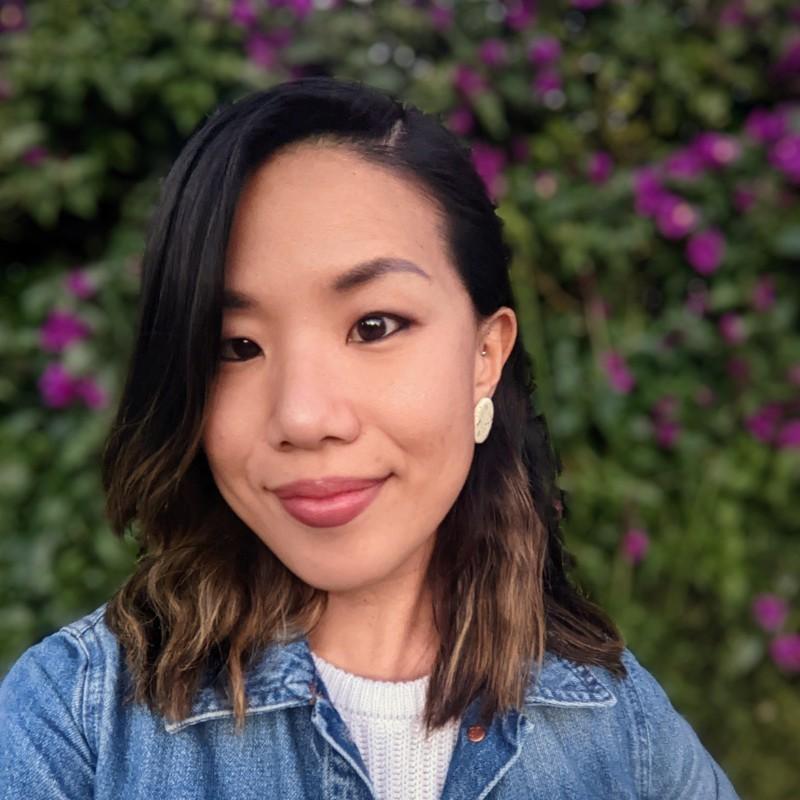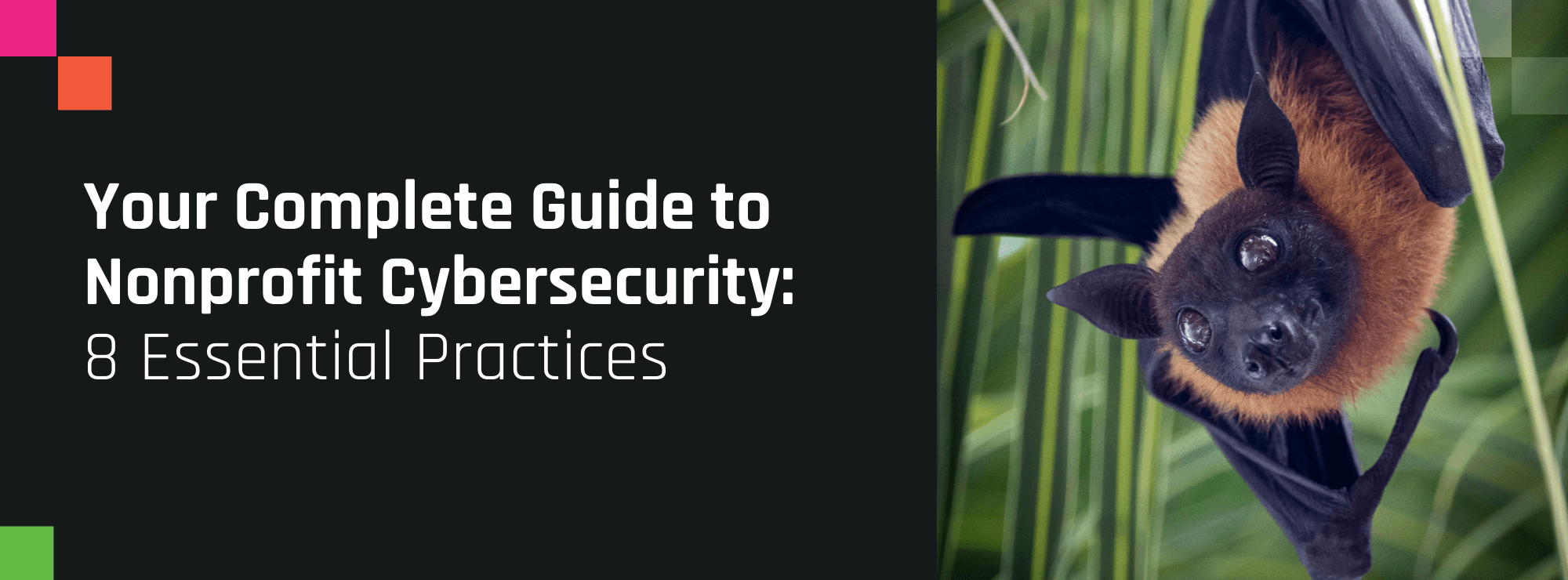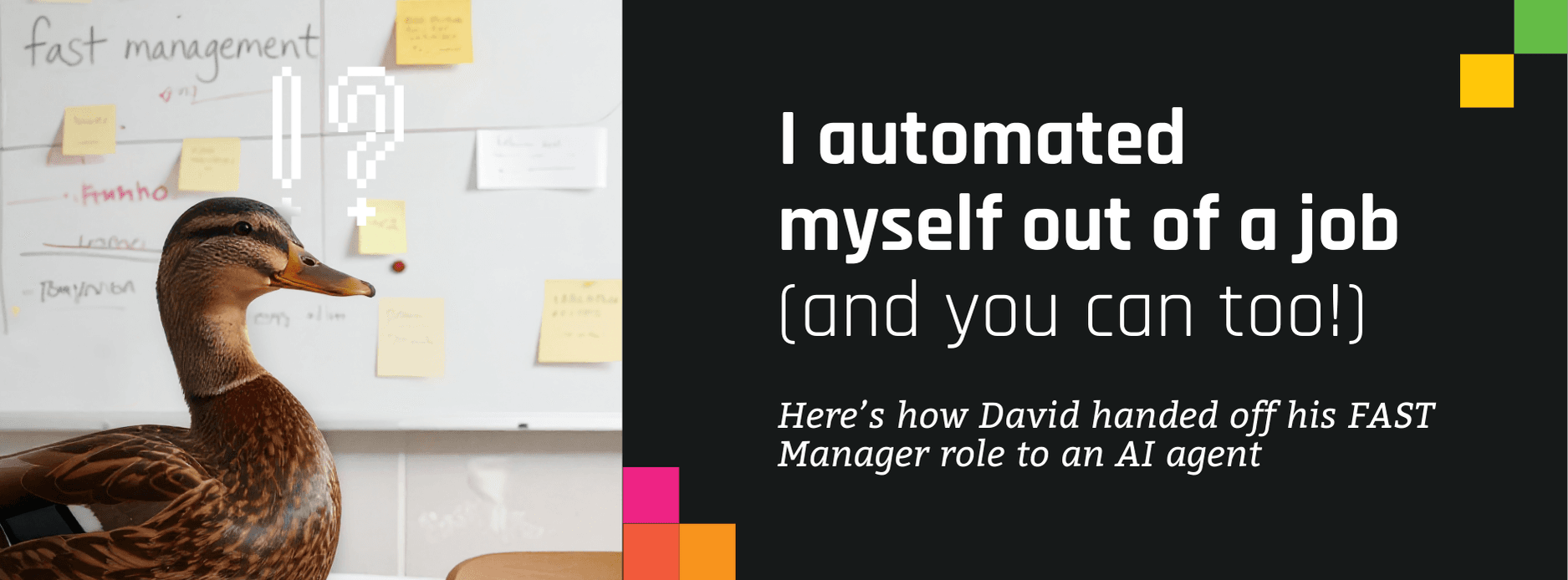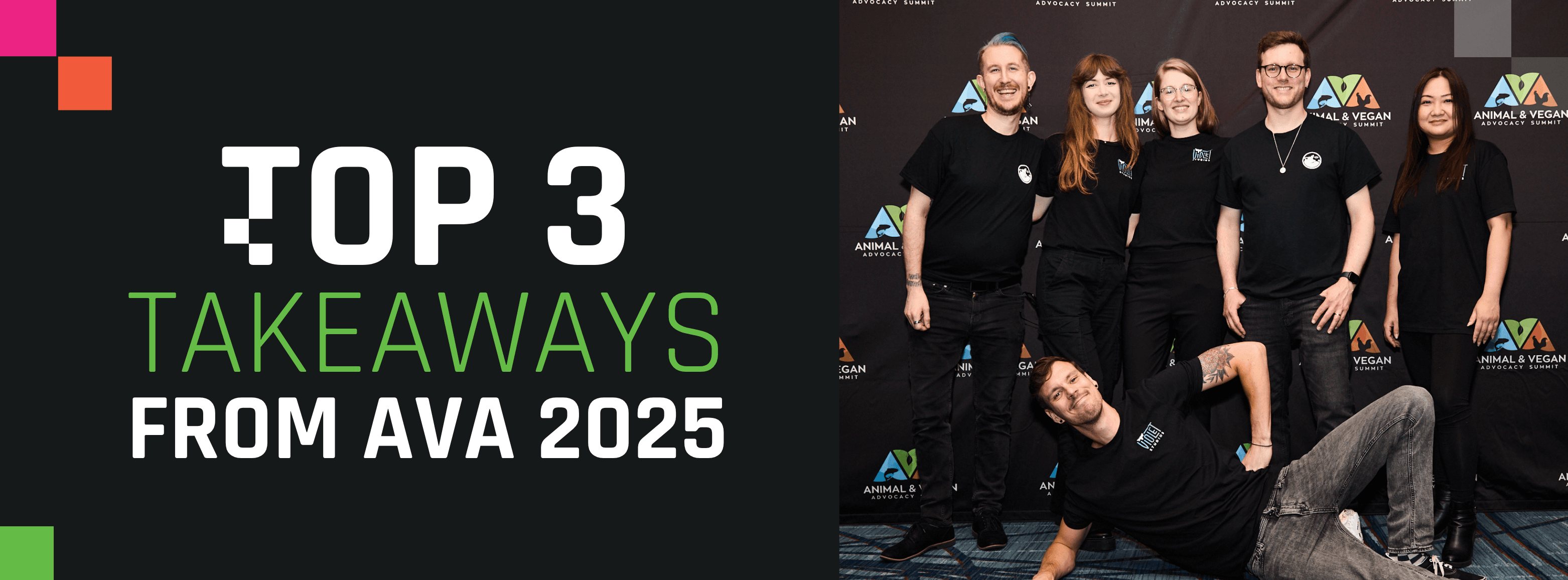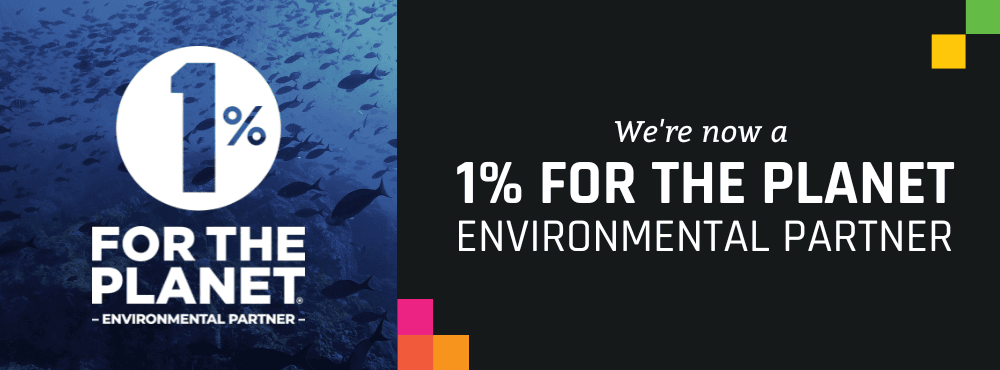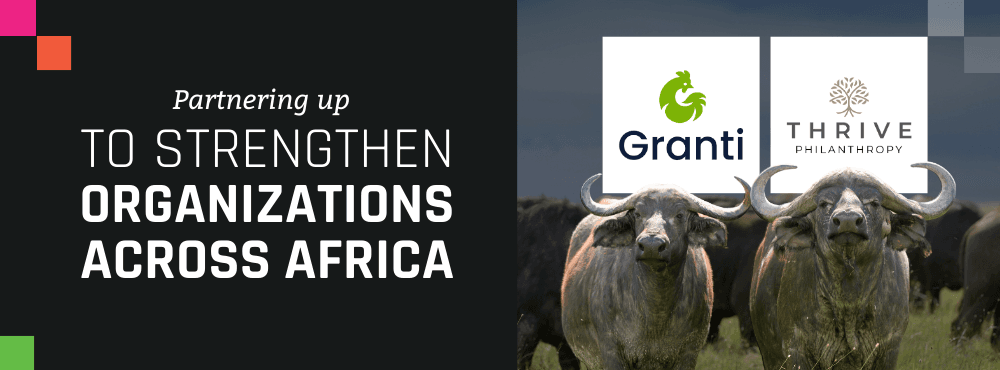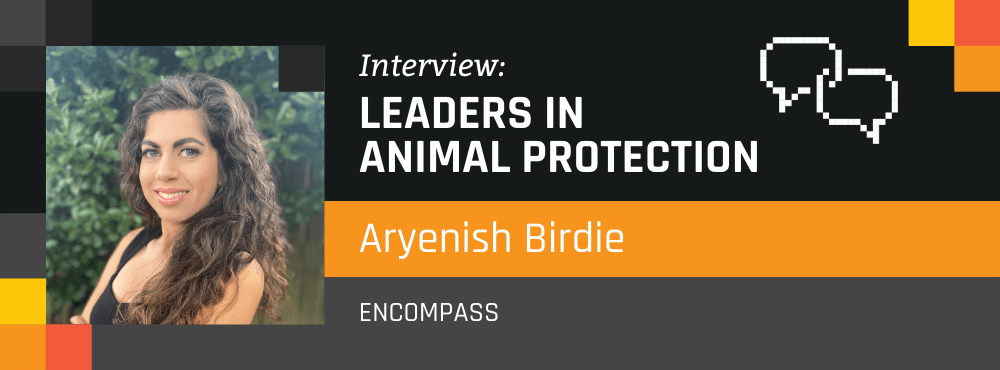
Leaders in Animal Protection: Aryenish Birdie
Aryenish Birdie, M.A., is the founder and executive director of Encompass, which is making the farmed animal protection movement more effective by fostering racial equity so that everyone can bring 100% of their brilliance to work for animals.
Prior to founding Encompass, Aryenish spent seven years at the Physicians Committee for Responsible Medicine promoting alternatives to animal tests. As a federal lobbyist, she was part of a four-woman team instrumental in reforming the Toxic Substances Control Act to ensure that animal protection language was integrated into the law. Because of her work on this effort, she was invited by the White House to watch President Obama sign the bill into law.
In addition to her more than two decades of experience in animal protection, Aryenish has worked in other social justice movements, including those striving for racial equity, queer rights, and reproductive freedom.
She has appeared on and written for numerous outlets, including Bloomberg BNA, CNN’s Anderson Cooper 360, New York Daily News, Colorlines, and Dawn News—Pakistan’s largest English media group.
When we first heard of Encompass, we were beyond excited to see the kind of work that you do for our movement. Was there a particular event that you experienced or witnessed that inspired you to start Encompass, or was it just a natural progression of the work you've done in the past?
It was definitely a natural progression. I’ve been an animal advocate since 1997 and throughout my career fighting for animals, I’ve noticed that I was the only—if not one of two—advocates of color in the room.
I had this recurring voice inside me say that we’re missing huge opportunities by having such a homogenous group of people working for animals. I knew in my core that I had to do something differently to address this, something our movement hadn’t yet seen. It was with a spirit of curiosity and resolve to be anti-racist and prioritize equity at all levels of our movement that I knew I had to create something novel for the animal protection movement.
I founded Encompass in order to have explicit conversations about the role and impact race and racism have on our work as animal advocates; to carve out a dedicated space to experiment with bold, fresh tactics and potential paths forward; and to creatively envision and help build a new movement to protect animals, one that’s radically inclusive (without requiring the assimilation to white norms) and equitable for all—especially the most marginalized among us.
Through your work with Encompass, have you identified any diversity, equity, and inclusion (DEI) challenges that are unique to the farmed animal protection movement? How well would you say the movement is doing in tackling these challenges when compared to other social justice movements?
From where I sit, we appear to be farther behind many other U.S.-based social justice movements. There are a lot of reasons for that, but more important to me is how we move forward.
There are a lot of lessons that we can extrapolate from the business community and from other social movements who have done—and are doing—this work. With respect to the business community, I think it would be foolish to ignore the work being done by this sector to advance racial equity.
There have been a lot of studies conducted and a lot of lessons that we can bring to our movement. With regard to other social movements, one case study that I use a lot is the environmental movement. They are a little older and more established, and they’re larger in terms of organizations and person-power—but they also face similar problems to our movement in that most of the professional, mainstream groups are white dominated in staff, leadership, ideology, and funding.
Of course, environmental justice emerged as a response to that, because people of color are disproportionately disadvantaged by environmental issues—so there now is a whole submovement within that larger “environmental movement” that works to address these issues. Because of all this, I think there’s a lot to be learned and brought to our cause.
Finally, we have to acknowledge that we are a social justice movement (it’s baffling to me that this is even a debate). This acknowledgement means we need to make sure we are doing right by our people (our most precious resource), right by the animals, and right by ourselves.
![[Blog post] Aryenish (photo 1)](/_next/image?url=https%3A%2F%2Fimages.ctfassets.net%2Fa0em3uo7cuue%2F2MgFwWPZv7TdhIAoMI2N8A%2F7e9ec30b50126886dfcaec840a56a930%2FAryenish_w_cow.jpg&w=3840&q=75)
We know that it's often easier to address concerns and build your organization's culture, diversity, and core values at the beginning than it is to address them later. Is there any advice that you can give to those who are just starting out?
In the next few months, we are going to launch a membership program that will act as a pathway for entry and community of practice for racial equity within our movement. The program will be a space to access resources, workshops, and events that support organizations in implementing these structural changes within their respective organizations. I’m really excited about it!
However, I do want to be clear that before we even start talking about making practical changes we need to do the personal, introspective work. This step cannot be overlooked.
This work is not linear, like “you do x, and then you do y, and then you do z.” We need to have a shared language about DEI. We need to have a strong collective foundation before we start talking about practical steps like where we are going to post our job listings. Check out our resource guide to work on your self-education. Let’s do this work together!
Encompass’s membership program sounds like an extremely valuable service, and we're excited to see the impact of it on our movement! What would you say to those organizations who don’t think they need training or education on racial equity? What are some things that they can ask themselves to reflect and nudge them towards starting that self-education, and hopefully participate in Encompass’s upcoming program?
Since we’re based in the U.S, I'll direct my response to U.S. based organizations. For organizations that believe they don’t need racial equity training, I’d remind them that white supremacy culture is all around us—it is the fabric of the country. None of us is above or outside of the culture. If you aren’t actively working against it, you are perpetuating it.
On our website, we have resources that can help jumpstart reflection and education. I’d recommend an organization start by watching our webinar from June 2020 “How white vegans can support anti-racist efforts” and then use one of the toolkits (like this one) to begin their antiracist journey.
We know the importance of language, and how labels and terminologies often come hand-in-hand with our actions and sense of identity. Encompass deliberately uses "people of the global majority" in place of other more commonly known labels. Can you tell our readers a little bit more about that?
We began using the phrase people of the global majority when we launched our Global Majority Caucus, formerly called People of Color (POC) Caucus, a few years ago. After launching the caucus, many of the participants were from around the world and didn’t identify as a person of color, which is a U.S. social and cultural construct.
Some criticize the term POC because it centers whiteness as the norm, with all others “of color.” It can also fail to acknowledge the wide range of experiences felt by various communities, notably that Black and Indigenous folks are marginalized in unique ways.
It may also imply that white folks are devoid of race, which is part of the ideology we are trying to overcome.
We also find it powerful to highlight that despite the fact that POC are still sometimes called “minorities” in the U.S., we are actually the majority of the global population. This reframing is important to recognize the power that we hold. For more information on why we made this language choice, check this out.
Encompass recently launched their Talent Database for Black, Indigenous, and people of the global majority (BIPGM) interested in using their skills to support the animal protection movement. We were blown away with the idea of this network—can you tell us more about it? Have you or do you plan to partner with other organizations to expand it?
Black, Indigenous, and people of the global majority (BIPGM) are doing amazing work in our movement in myriad ways, including campaigning, fundraising, coalition building, content creation, community organizing, and so much more. Yet, too often white-led organizations in our sector report not knowing where to find BIPGM talent to bring onto their teams.
We created a talent database to uplift the brilliance of BIPGM in our movement and connect advocates with opportunities.
Our goal with the database is to support BIPGM across the globe who are interested in accessing paid staff positions, board openings, speaking opportunities, and consulting gigs because:
BIPGM are disproportionately impacted by the harms of factory farming, and therefore have valuable insights to offer in addressing these issues, especially in a global context where culturally competent approaches are vital.
People of color currently make up ~40+% of the U.S. population, yet we are nowhere near representative in the movement, either at a staff level or in leadership roles.
Despite the misconception that our movement is a white one, Black and many Indigenous communities have long practiced plant-based eating and Black folks are the fastest growing demographic going vegan in the U.S. today.
BIPGM-led organizations and individuals have less visibility (and often raise significantly less funding) than their white counterparts.
We encourage all BIPGM who are interested in expanding their professional circles to create a profile in Encompass’ Talent Database today.
To be clear, this effort isn’t meant to support organizations who are looking to simply hire more BIPGM without working at a systemic, organizational level to cultivate an environment in which BIPGM are authentically included in decision-making, set up to thrive, and retained over the years. This work often requires significant effort by white folks in leadership roles at an organization, for without this deep work, hiring efforts will falter, harm BIPGM, and reinforce tokenization.
For organizations reading this, please note that we encourage you to seek the support of a racial equity consultant (we are happy to provide referrals) because, without substantial culture change, pipeline challenges will persist.
Lastly, we saw that Encompass is currently doing a $50,000 year-end fundraising challenge to get a strong start in 2022! We're more than excited to see what is in store for next year. Can you give us a hint as to what we can look forward to from Encompass?
We have several things cooking up. We recently launched our research report, Voices of the Movement, which was a partnership with Equity Based Dialogues for Inclusion (EBDI) to complete a first-of-its-kind research project to better understand the state of racial equity in the U.S. farmed animal protection movement (FAPM).
As a result of EBDI’s extensive research, they have seven recommendations for the FAPM. Here are a few to ponder as we head into 2022:
Acknowledge harms experienced by BIPGM as a result of white supremacy culture at the organizational level and within the movement. Acknowledgment is more than a rote public statement; it requires a pause for self-reflection and empathy. The process of acknowledgment ultimately allows for the deep listening and further self-reflection needed to make personal, organizational, and institutional changes and amends.
Recognize human exploitation in animal agriculture and the opportunity for collaboration. Given that organizations may use single-issue missions (“only about the animals”) to avoid asking hard questions about the interconnectedness of oppression, these organizations should consider re-evaluating their missions as part of the work towards justice and transformation.
Evolve funding practices and broaden understanding of “effectiveness” to distribute greater funds to BIPGM-led organizations. We encourage funders to consider a broad range of animal advocacy approaches to be funded, by using more comprehensive and inclusive criteria for what qualifies for funding.
Our hope is that this report will motivate the FAPM to continue the hard work of dismantling white supremacy culture. It takes all of us making a long-term commitment to equity for real change to occur and we’re committed to challenging and supporting you—and the movement—for the long haul.
Thank you so much for your time, Aryenish!
